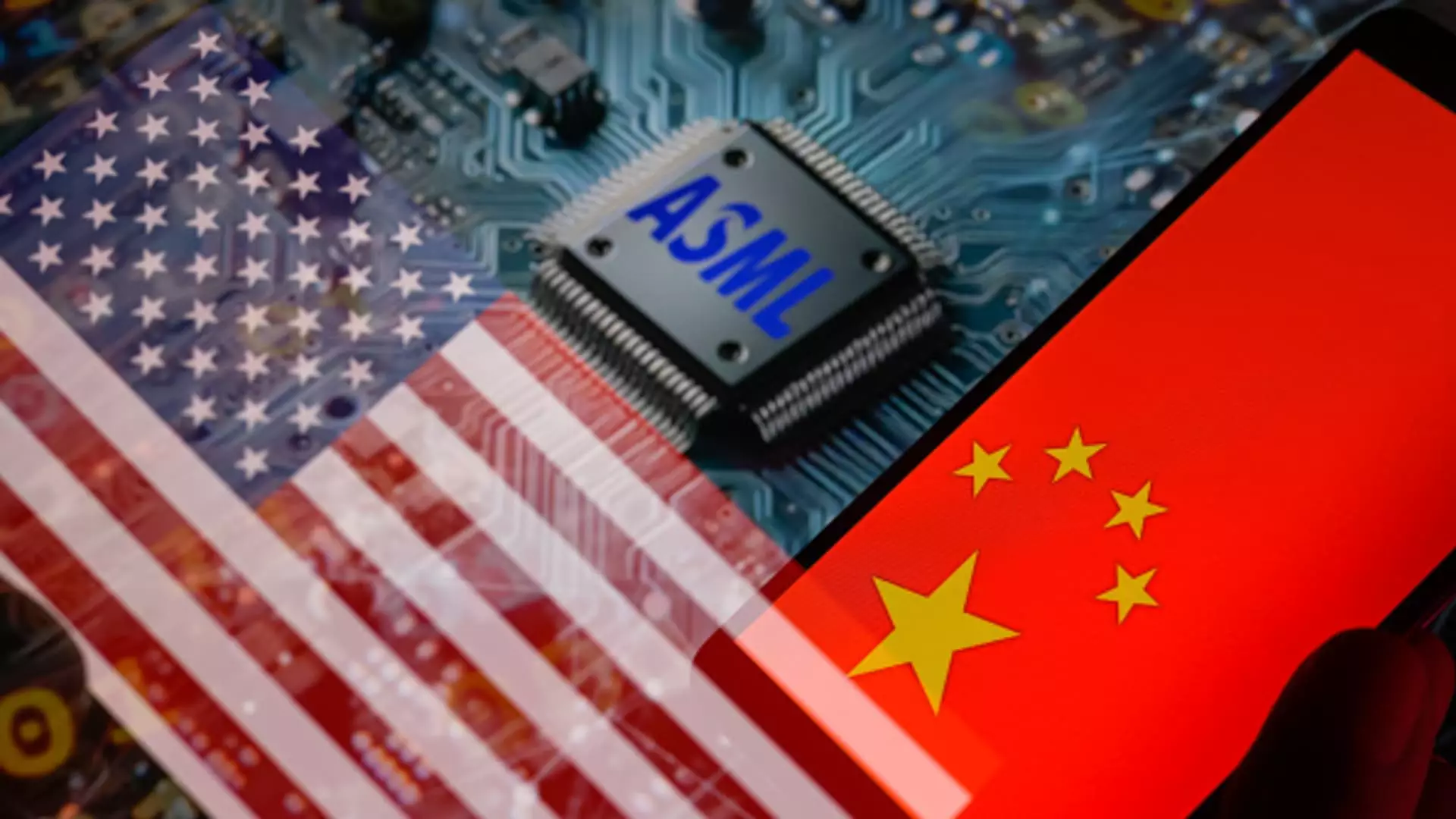Recent reports indicating that the United States is contemplating sanctions on China’s semiconductor sector have sparked notable reactions across global markets. The surge in share prices for semiconductor equipment manufacturers like ASML and Tokyo Electron reflects investor optimism amid fears of more stringent trade regulations. Specifically, ASML saw an increase of approximately 3.6% in early European trading, while Tokyo Electron surged over 6% in Japan. This upward trend signals a complex interplay between market expectations and geopolitical tensions, highlighting how dependent these companies are on regulatory environments.
Proposed Sanctions and Their Implications
According to Bloomberg, the U.S. is weighing additional measures to restrain the sale of semiconductor equipment, particularly targeting AI memory chips directed to China. Though these proposed measures might be less severe than earlier plans— which were viewed as overly aggressive—investors remain attentive. Reports suggest that the U.S. Commerce Department may avoid expanding the Entity List, particularly sparing notable Chinese firms such as ChangXin Memory Technologies, which poses a competitive threat to industry giants like SK Hynix and Samsung. This decision could have significant ramifications for the market dynamics of memory production.
Jefferies analysts recently pointed out that ASML anticipated a staggering 30% drop in revenue from its Chinese operations for the upcoming fiscal year. However, the potential exemption of ChangXin from restrictive measures could suggest that ASML’s financial forecasts might be considerably more optimistic than previously estimated. This revised outlook underscores how intricate and significant each component of international relations is in the semiconductor industry. As more firms perceive that they might not face the full brunt of potential sanctions, this could mitigate the anticipated revenue decline for ASML and others engaged in the semiconductor space.
The Strategic Importance of ASML
ASML has secured its position at the forefront of the chipmaking supply chain, providing essential machinery crucial for producing advanced semiconductors. Its unique manufacturing equipment remains a vital asset that chipmakers cannot bypass. However, the company’s clientele spans internationally—from Taiwan’s TSMC to China’s SMIC—making it particularly vulnerable to the shifting regulations of both light and heavyweight economies. Consequently, any sanctions or regulations aimed directly at semiconductor manufacturers can ripple back, adversely affecting ASML and its revenue streams.
In this context of geopolitical friction, foreign semiconductor equipment firms may find themselves in a favorable position. While restrictions on Chinese manufacturers target revenue generation, they simultaneously create unclear yet potentially lucrative opportunities for those operating outside of direct regulatory threat zones. This dual nature of the evolving landscape can spur shifts in market share, pushing companies to rethink strategies and relationships. As governments navigate national security and market protection, the onus lies on players like ASML to adapt swiftly and strategically for sustained growth amid volatility.
The landscape of the semiconductor sector appears poised for turbulence as the U.S. and China engage in technological posturing. Key firms will need resilience and innovation to traverse the complexities ahead.

